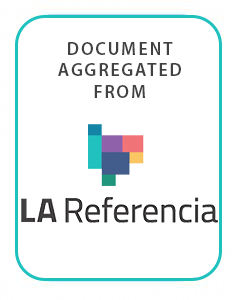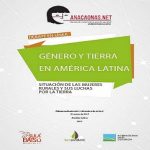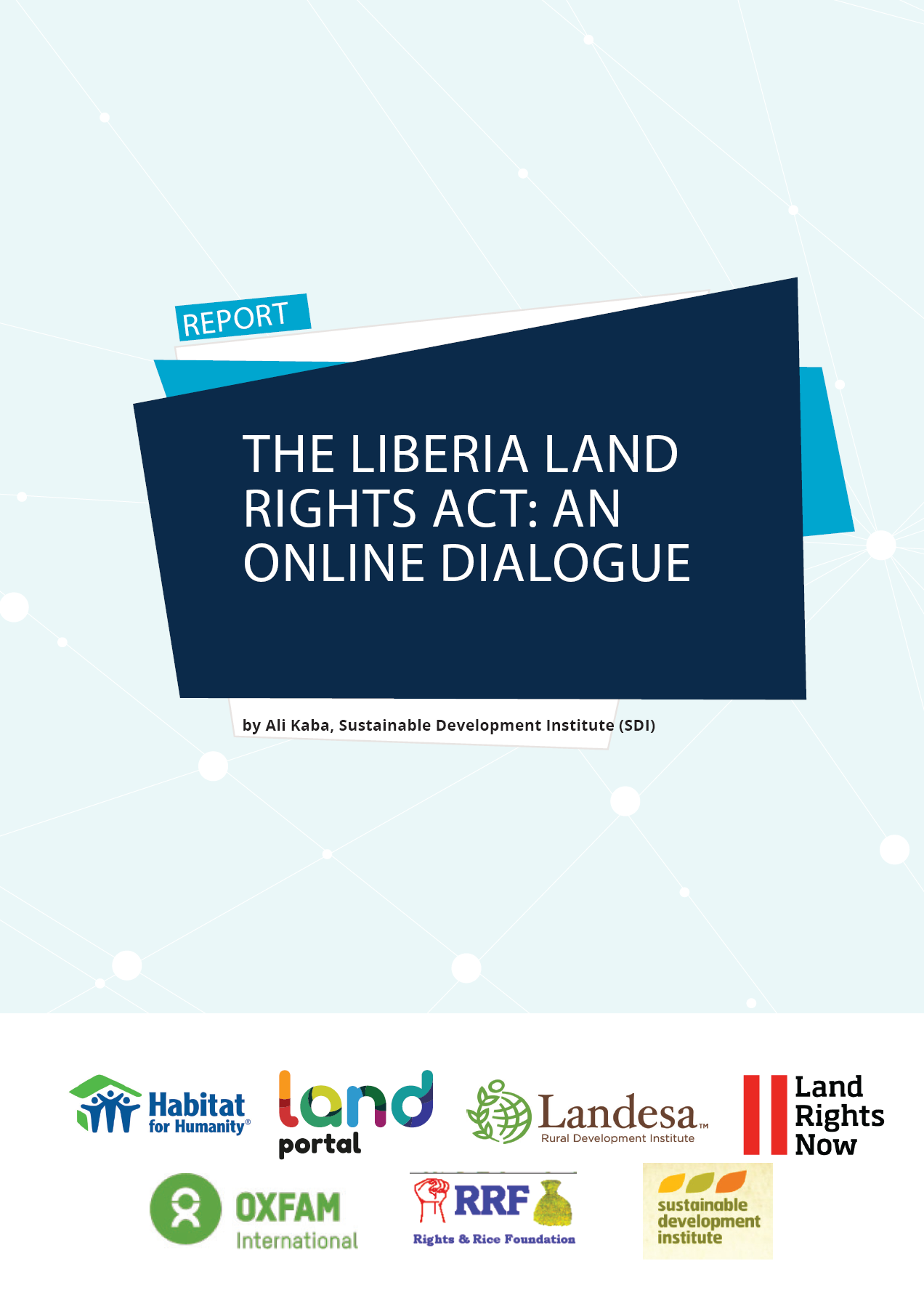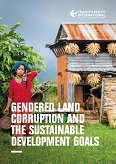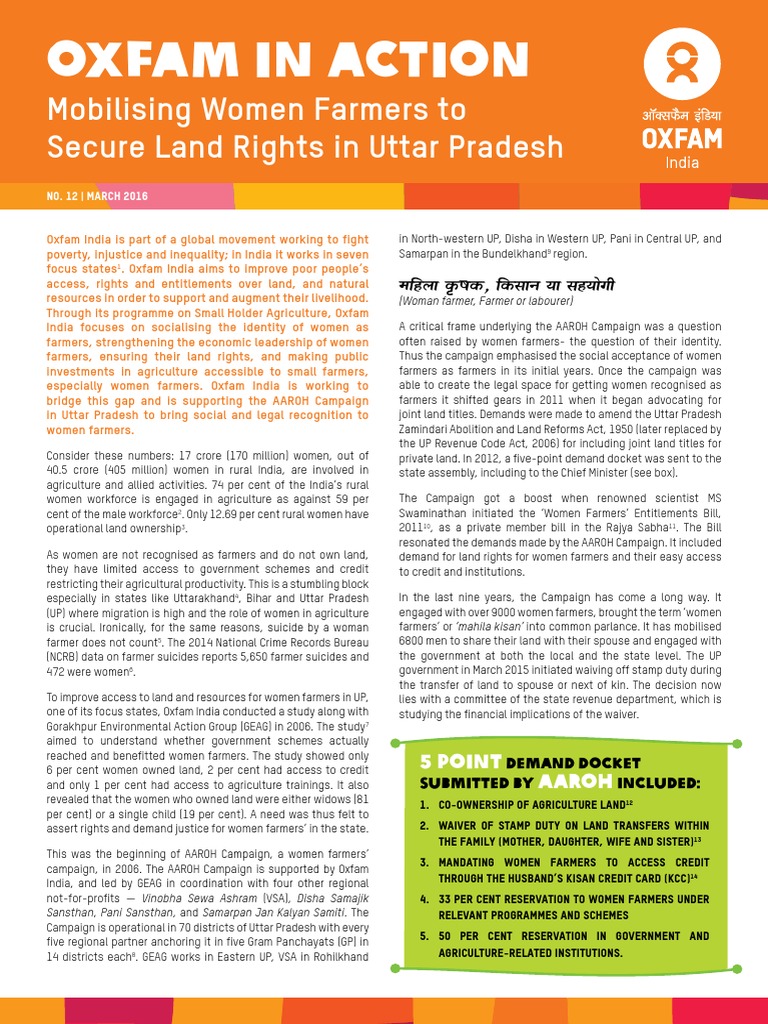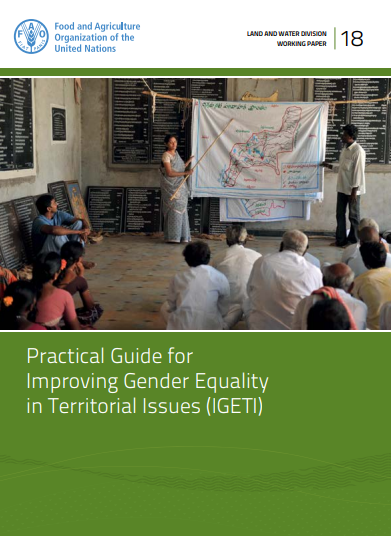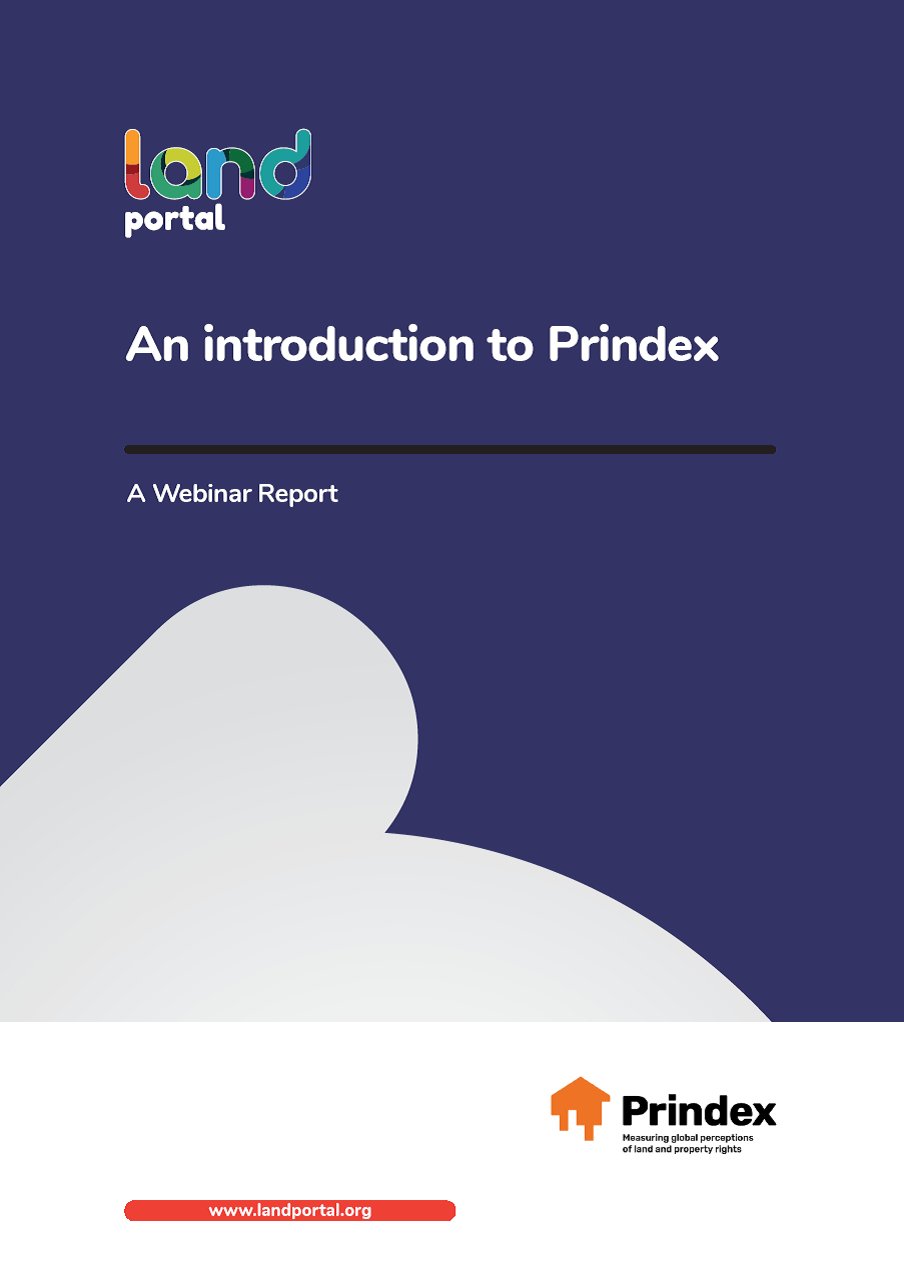Estado, mujeres y género : discursos que construyen identidades
La problemática central que planteo en esta investigación es que los discursos de género de las personas que laboran para el estado pueden influir en la construcción de identidades de género que ayuden a ratificar o a modificar estereotipos discriminatorios. Las visiones hegemónicas de cómo “deben” ser los sujetos son transmitidas en una relación educacional desde las instancias de poder a la sociedad civil (Gramsci, 1971: 350); entre estas instancias se encuentran: el estado, la iglesia, el sistema educativo y los medios de comunicación.

